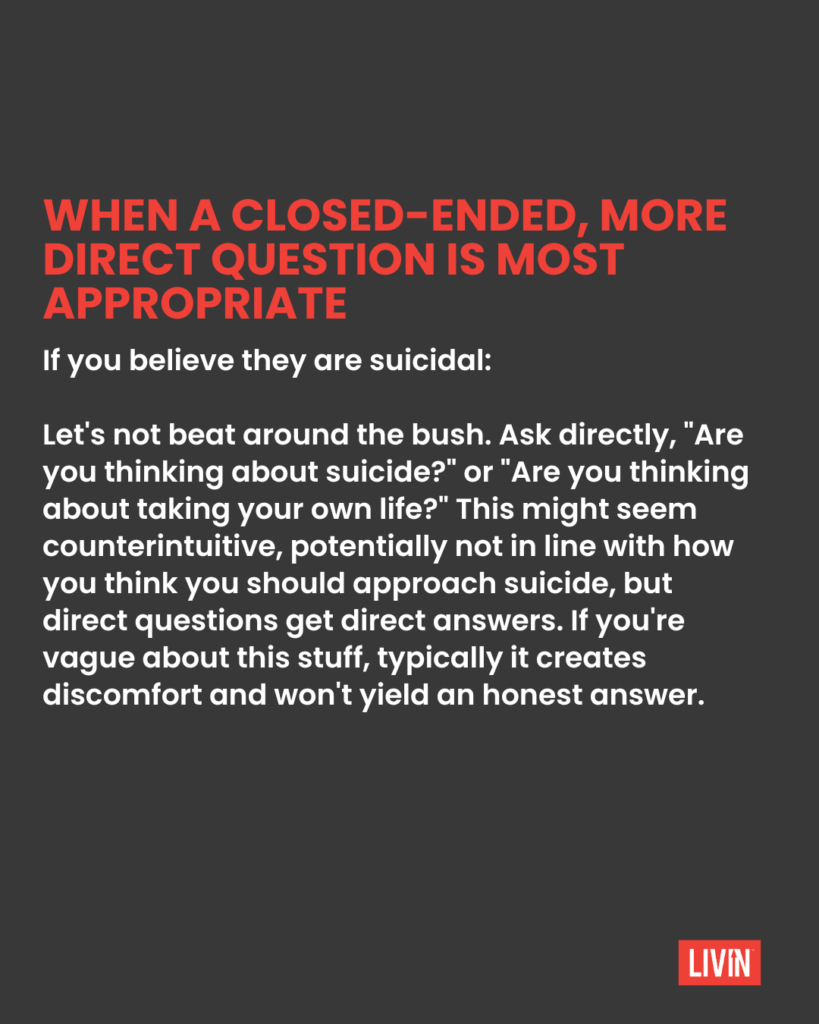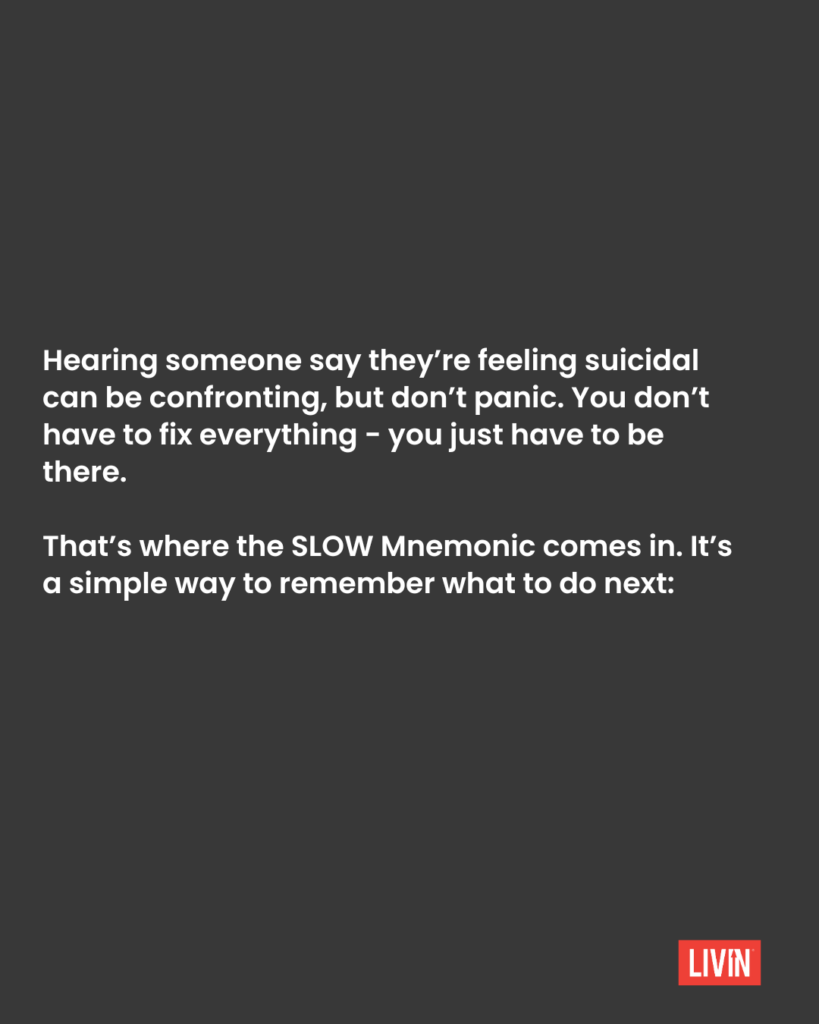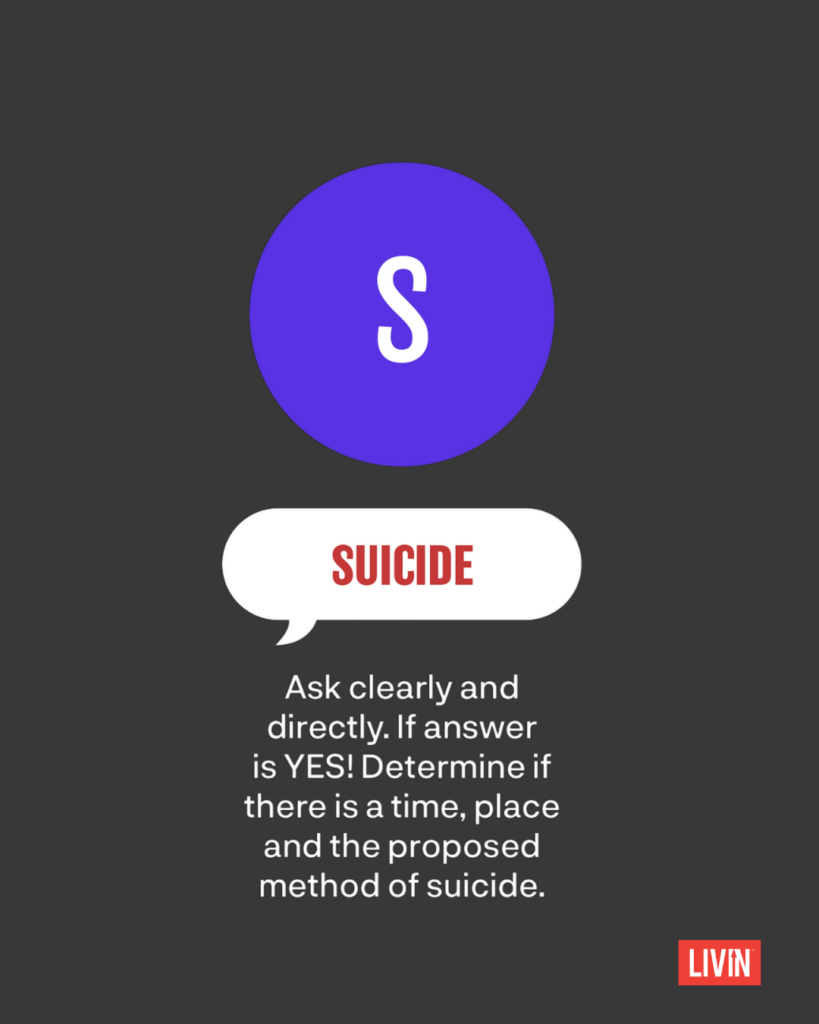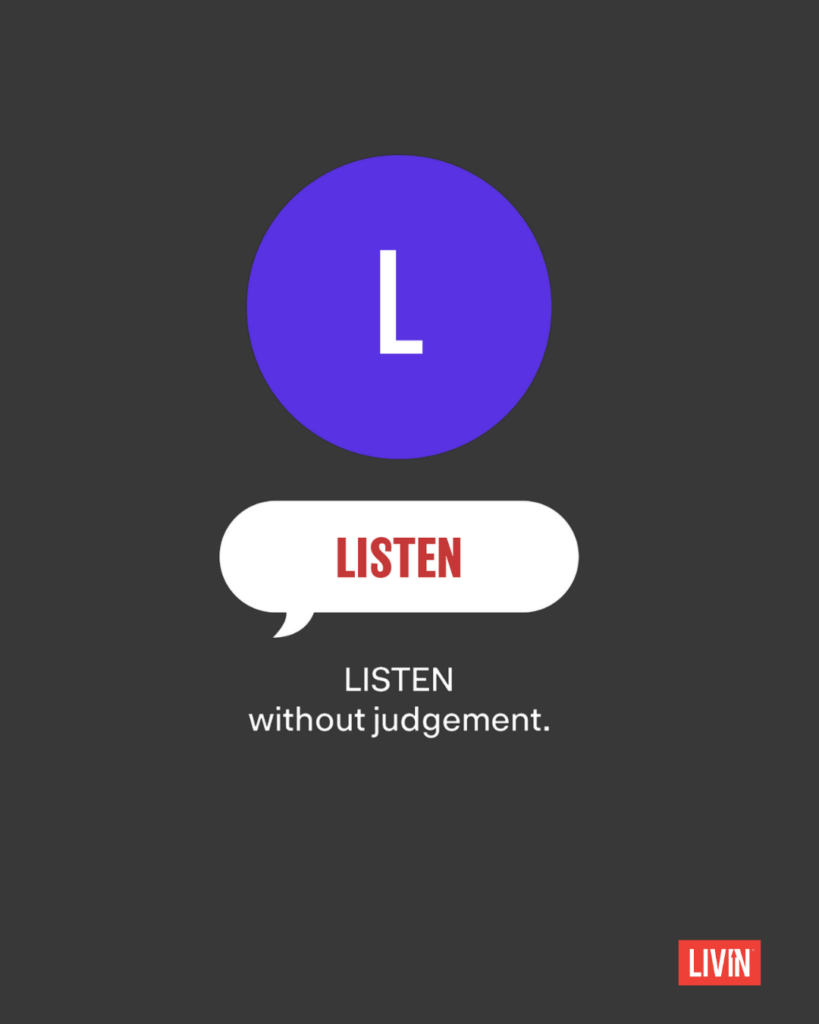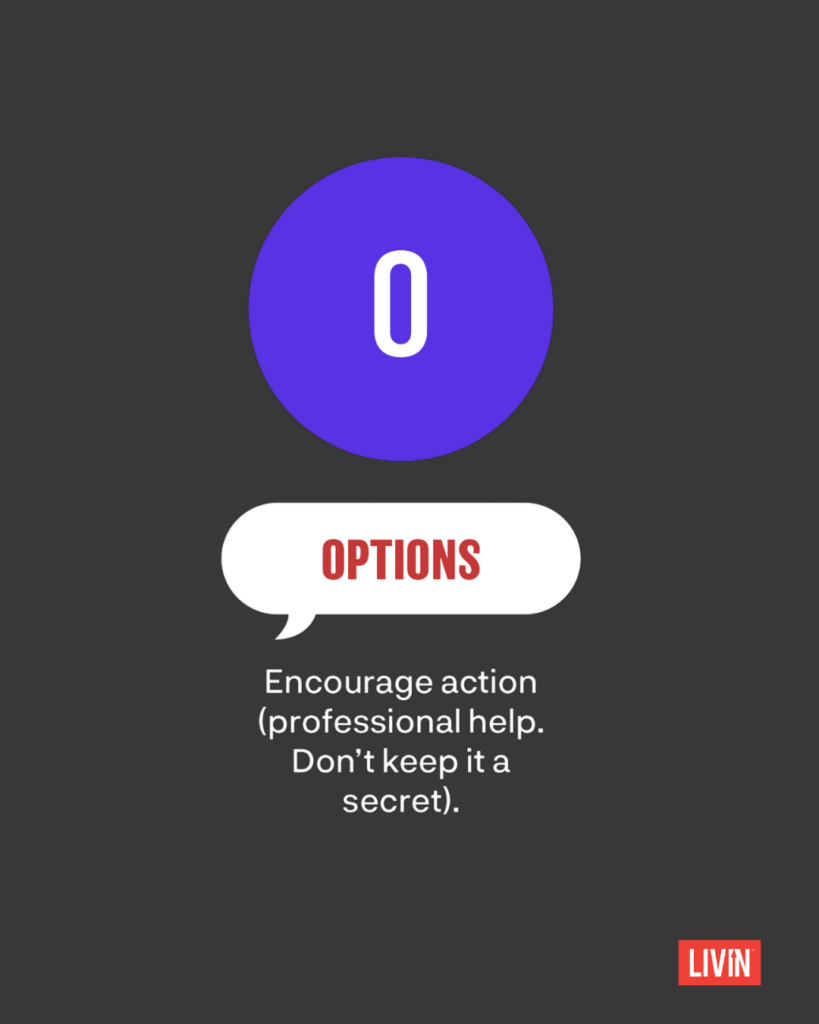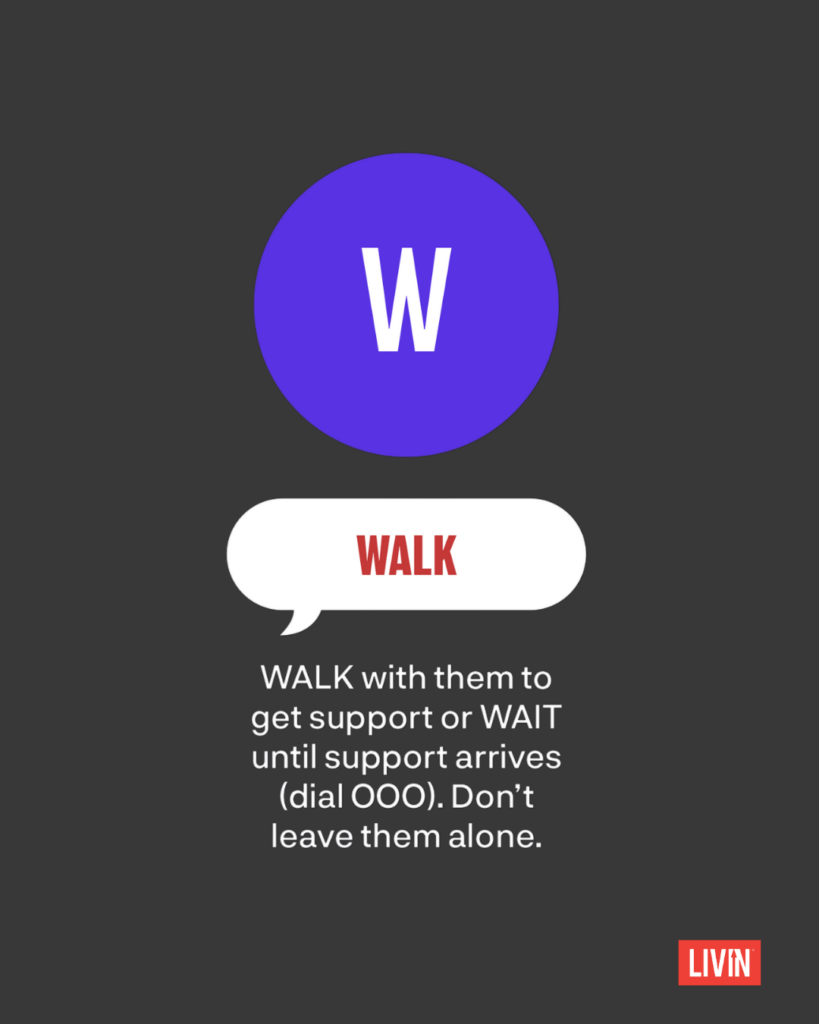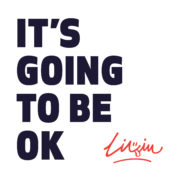LIVIN News & Blogs
The Best Question to Ask Someone Who is Struggling
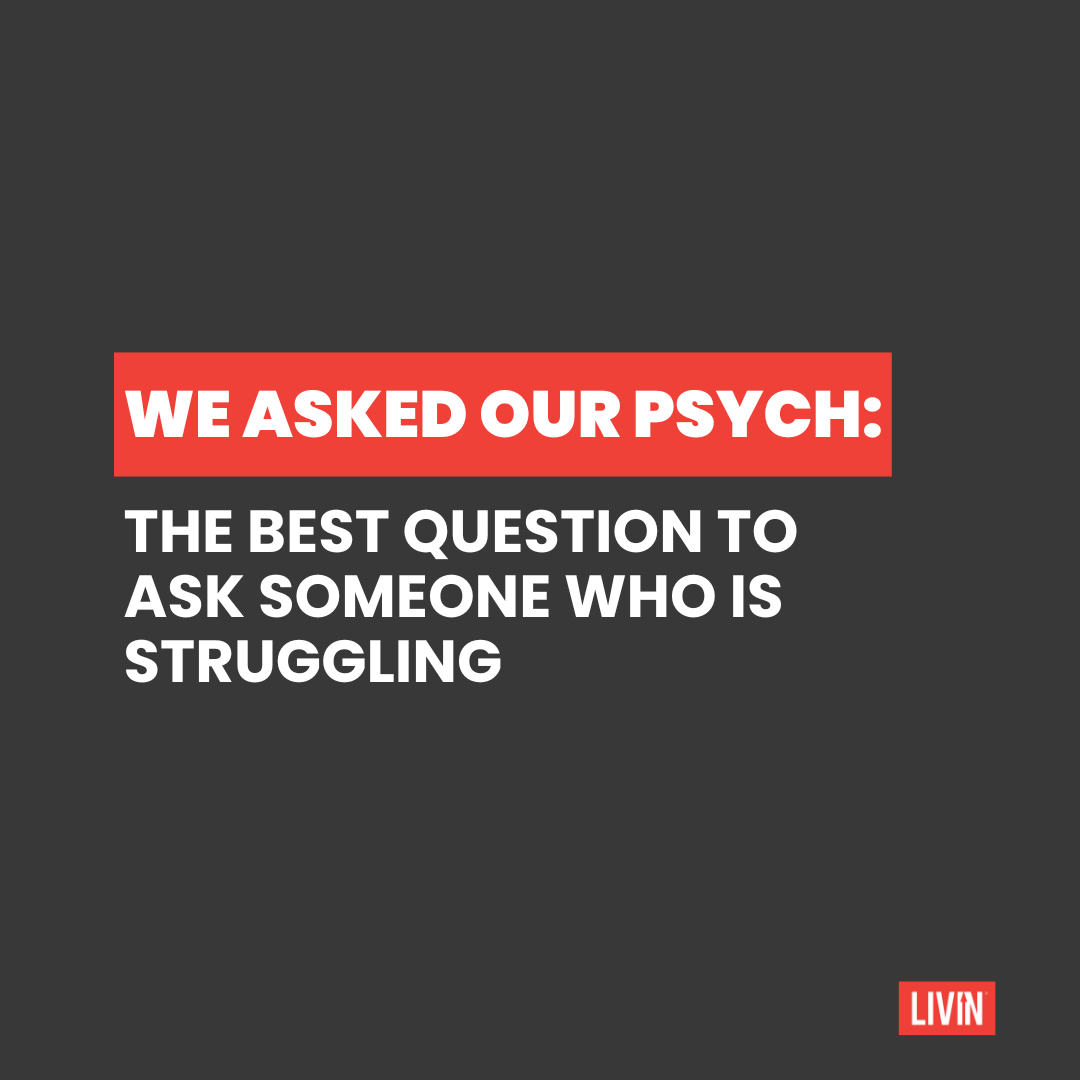
Finding the “best” question to ask someone who is struggling can be subjective and context-dependent. However, research and a range of mental health professionals, as well as our team of lived experience folk, often recommend questions that are open-ended and free from any harsh-critical judgment. After some to-ing and fro-ing, we’ve landed on: “How can I best support you right now?”
Why This Question Works (most of the time)
1. Empathy and Support: It shows that you care and are willing to offer help in a way that is most beneficial to them. And after all, it’s about them and their needs.
2. Empowerment: It empowers the person to talk about their needs and preferences, giving them a sense of control.
3. Non-judgmental: It avoids making assumptions about their situation or how they should feel.
4. Actionable: It opens the door for practical support, whether emotional, physical, or logistical.
How to Approach the Conversation
1. Choose the Right Time and Place: Ensure privacy and a comfortable setting to make the person feel safe. Free from distractions like your Insta feed pinging at you, or the clock drawing the attention of your eyes – how bloody annoying for the person just wanting to be heard!
2. Listen Actively: Pay full attention to their response, showing empathy through body language and verbal affirmations. In other words, show them you’re actually listening, not just pretending to listen while working out the night’s dinner for the kids.
3. Follow Up: Based on their response, offer appropriate support and check in regularly to see how they are doing.
4. Do not throw out solutions too quickly: Without knowing the depth of their concerns, your solutions could minimise their issues, not address the core problem and, to be frank, be goddamn annoying.
Example Scenarios
– Workplace: “I’ve noticed you’ve seemed a bit off lately. How can I best support you right now?”
– Friendship: “I care about you and want to help. How can I best support you right now?”
– Family: “I’m here for you and love you. How can I best support you right now?”
– Adopt your own language: “Hey mate, I can see something’s up. How can I help you out right now?”
When a closed-ended, more direct question is most appropriate
If you believe they are suicidal:
Let’s not beat around the bush. Ask directly, “Are you thinking about suicide?” or “Are you thinking about taking your own life?” This might seem counterintuitive, potentially not in line with how you think you should approach suicide, but direct questions get direct answers. If you’re vague about this stuff, typically it creates discomfort and won’t yield an honest answer.





